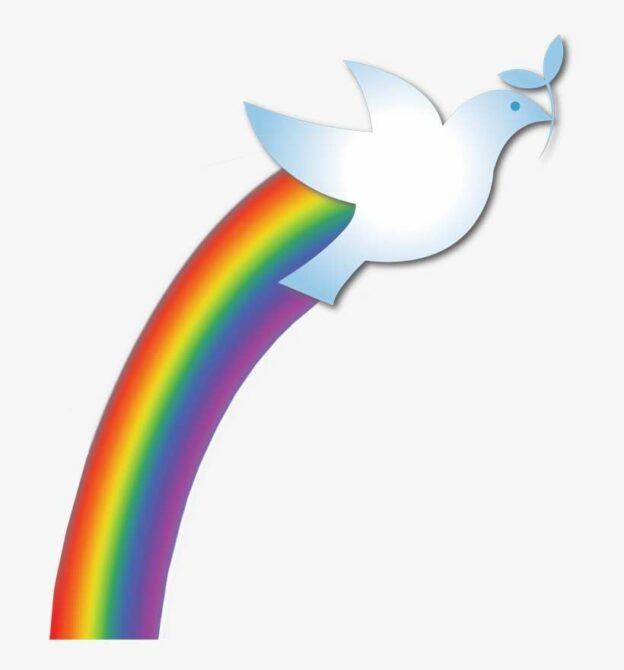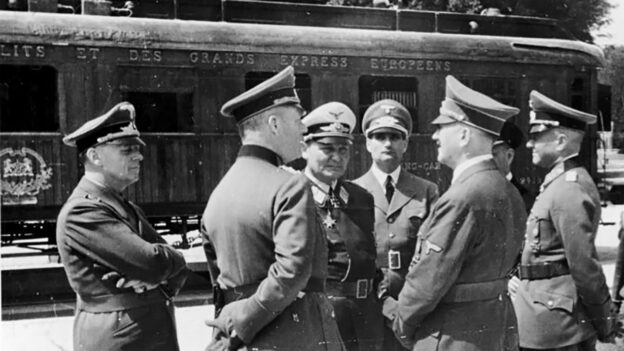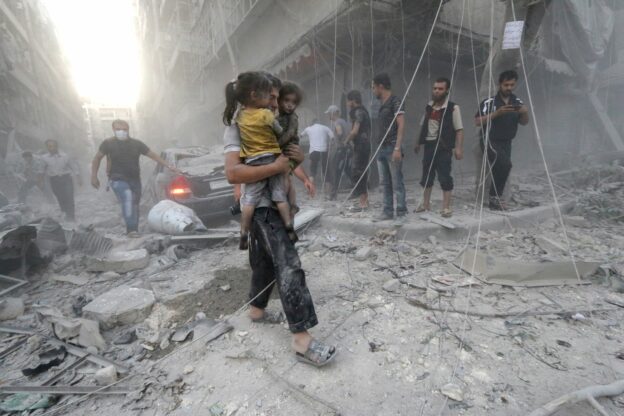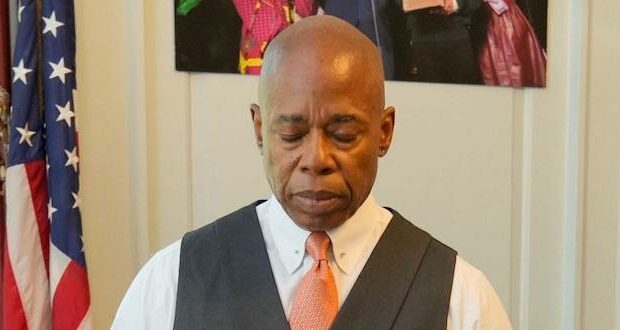Stars aren’t visible during the day.
Yosef Chaim Cara, a 17th century Polish rabbi, points out in his sefer Kol Omer Kra that after Hashem tells Avram, concerning his future progeny, to “Look heavenward and count the stars, if you are able to count them” (Beraishis 15:5), the Torah goes on to say that “the sun was ready to set… (ibid, 15:12).
So “count the stars,” it seems, was spoken during daytime.
Rav Karo perceives in that fact a poignant idea. The Jews have never been as multitudinous as the stars – and have never even comprised a population of major proportions. Hashem’s message to Avram, says Rav Karo, was not about numbers but rather about impact.
It was: “Are you able to count the stars of the heavens when the sun is shining? Even though the stars are there, they are invisible because of the powerful light of the sun.”
Your progeny, Hashem was telling Avram, will not be many in number but will, like the sun’s light, be overwhelming in importance.
“All the nations,” explains Rav Karo, “will learn from [the Jews] what is proper and just. Without them, he continues, “the world would only continue to sink into darkness.”
Paul Johnson, in the epilogue of his “A History of the Jews,” writes about his subject:
“To them we owe the idea of equality before the law, both divine and human; of the sanctity of life, and the dignity of the human person; of the individual conscience and so of personal redemption; of the collective conscience and so of social responsibility; of peace as an abstract ideal and love as the foundation of justice… [of] monotheism.
“It is almost beyond our capacity to imagine how the world would have fared if they had never emerged.”
© 2023 Rabbi Avi Shafran









